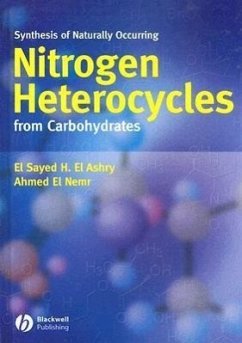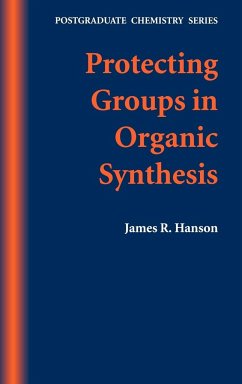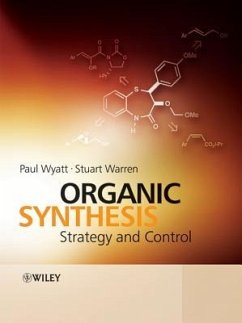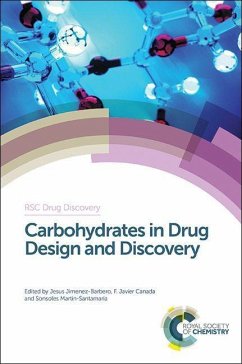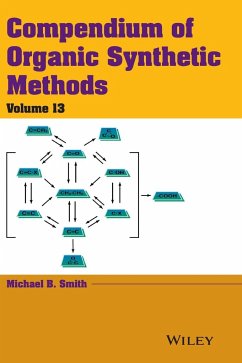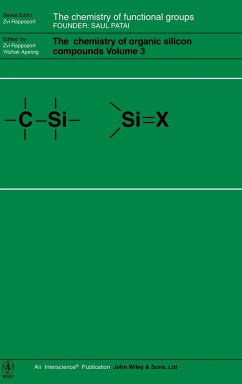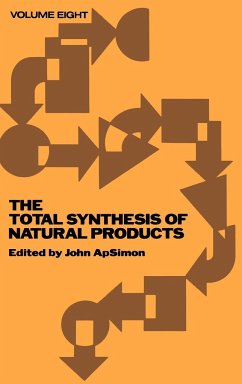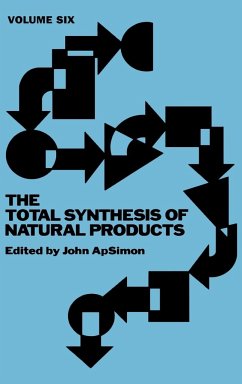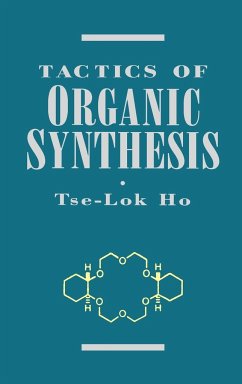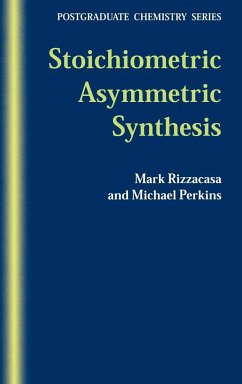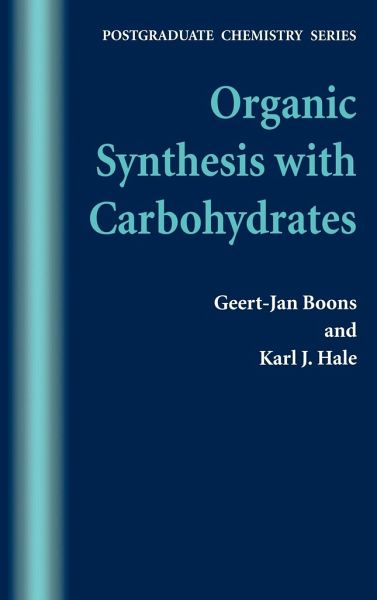
Organic Synthesis with Carbohydrates

PAYBACK Punkte
59 °P sammeln!
Carbohydrates offer a ready source of enantiomerically pure starting materials. They have been used for the imaginative synthesis of a wide range of compounds, and have been found to be effective chiral auxiliaries which enable the introduction of a range of functionalities in a highly enantioselective manner. In a subject dominated by volumes at research and professional level, this book provides a broad understanding of the use of carbohydrates in organic synthesis, at postgraduate student level. Emphasis is placed on retrosynthetic analysis, with discussion of why a particular synthetic rou...
Carbohydrates offer a ready source of enantiomerically pure starting materials. They have been used for the imaginative synthesis of a wide range of compounds, and have been found to be effective chiral auxiliaries which enable the introduction of a range of functionalities in a highly enantioselective manner. In a subject dominated by volumes at research and professional level, this book provides a broad understanding of the use of carbohydrates in organic synthesis, at postgraduate student level. Emphasis is placed on retrosynthetic analysis, with discussion of why a particular synthetic route has been chosen, and mechanistic explanations are provided for key and novel reactions. Wherever possible, the authors highlight points of general significance to organic synthesis. Selected experimental conditions and reaction details are incorporated to ensure that information can be utilised in research. The book is extensively referenced and so provides a convenient point of entry to the primary literature.




